Teaching While Muslim
Fellow educators, readers, and advocates of social justice:
Our experiences in the United States have put us in a unique position that led to placing education at the center of our lives and at the center of our vision for equity. While our individual experiences are of course varied, we’ve all found ourselves committed to addressing the issues we continue to see as educators.
Teaching While Muslim is not intended to be a limited space for just our voices, but as Muslims continue to be vulnerable in the United States, we found it necessary to seek a space to call our own.
Exposure is everything. Growing up as Muslim-Americans, we experienced the impact of a lack of exposure firsthand in our own public education as the narrative surrounding Muslims became perpetually limited, hostile, and invisible. Muslim-Americans are forced to try and articulate our identity in a way that puts us constantly on the defensive; responding to microaggressive questions, and bigoted accusations that wouldn’t be necessary if school curriculums were fully inclusive.
As educators, we continue to grapple with this marginalized space and have the opportunity to address the lack of inclusion that we never properly could as students. We’ve created this website to give people some insight into our diverse experiences as educators: A space where we can humanize the complicated identities of Muslims in the United States and make the most important declaration that justice is the standard for everyone. We believe it is our responsibility, as well as everyone else’s, to be a part of changing the systemic structures that prevent this from happening. Additionally, we aim to comment on what we continue to learn about the education system as a whole and the work that needs to be done.
And most importantly:
1
We are in no way, shape, or form trying to speak on behalf of the Muslim community. There’s about 2 billion Muslims in the world and people expecting individuals to represent all Muslims is part of the reason why we created this. But 2 billion people really do live 2 billion different lives. That leads us to:
2
The Muslim community is so diverse. As we continue to grow, we hope to continue showing this in a way that is representative of how different our experiences are, even within the United States. Muslims face marginalization in various ways and it’s an integral part of our mission to ensure that we amplify all the intersections of our identities.
3
We are here to resist all systems of oppression that make their way into the daily lives of our students and to continue growing and reflecting as educators for them. They are our priority. Their right to justice, equity, and liberation is why we do this work.
